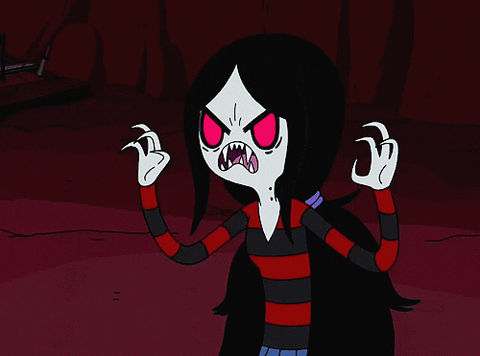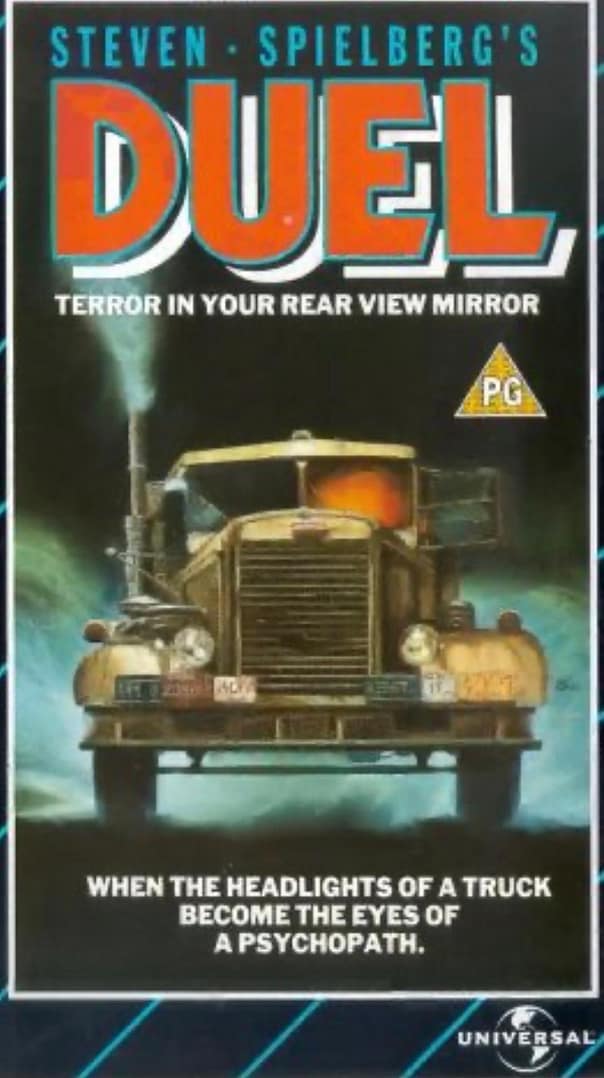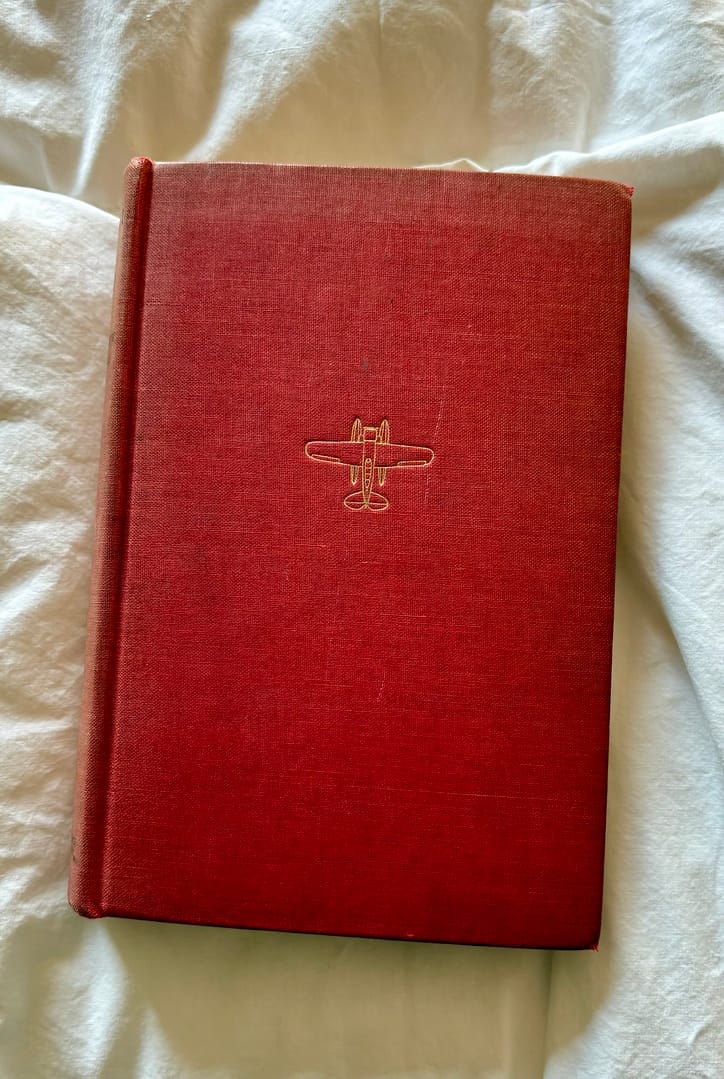You ever read a book and think, “Damn, this could’ve been an email”? That’s Dracula. That’s Bram Stoker’s 400-page Victorian group chat about logistics, real estate, and one man’s heroic quest to emotionally exhaust every person he meets.
And honestly? The scariest part isn’t the vampires.
It’s the audacity.

Warning: This post is filled with spoilers.
Count Dracula: Unkillable. Undead. Unbearably Chatty.
He shows up, he monologues, he bites, he ghosted. It’s a pattern.
So let’s be clear: Count Dracula is a villain with a capital V and also a capital E-R-Y T-I-R-E-S-O-M-E.
He is allegedly the most powerful creature on Earth. He can turn into mist. Control wolves. Climb walls like Spider-Man in a cape. And yet, he chooses to weaponize conversation. He shows up, uninvited, to monologue at his victims like an MLM rep on their seventh espresso shot. He is the eternal embodiment of a man who asks if you’ve ever heard of crypto while you’re just trying to enjoy your cheese plate.
Drac doesn’t bite first and ask questions later. No, no. He bites after a long-winded tangent on 15th-century military strategy and why the Carpathians are misunderstood. I’m sorry, is this dinner or a dissertation?
Someone get this man a podcast and keep him off my neck.

Van Helsing: A Man Who Speaks in Breadcrumbs and Vibes
You thought Dracula talked too much? Buddy, pull up a chair and prepare to be emotionally waterboarded by Abraham Van Helsing: professor, doctor, monster hunter, and certified babbler of absolutely nothing at all.
This man could not deliver a clear sentence if his life—or literally anyone else’s—depended on it. Every time Van Helsing opens his mouth, it’s like watching someone try to give a TED Talk and a wedding toast and solve a riddle all at once, while slowly forgetting what language is.
You ask him, “Hey, is Lucy turning into a vampire?” and instead of saying “Yes,” he goes on a 47-minute speech involving metaphors about broken clocks, garlic, the Holy Trinity, and something vaguely misogynistic about women’s souls being delicate like butterflies. By the end you’re not even sure who Lucy is anymore.
And the men? The men EAT. IT. UP. They nod solemnly, dabbing tears from their eyes like he’s Moses coming down from the mountain, even though he just said something like, “The child of night sucketh the joy from life as the man sucketh the lemon when he fears the scurvy.”
No one questions it! They’re just like, “Yes, of course. That makes perfect sense. Let’s all go find some lemon-suckers and open a window.”
Sir. Please. Get to the point. We are dying. Some of us literally.

The Blood Transfusion Olympics No One Trained For
[insert dramatic organ music here because this section is already a horror show]
We have to talk about the marathon of blood transfusions. The men in this book treat blood donation like it’s competitive CrossFit. Lucy gets sick, and instead of figuring out the root cause (read: literal vampire), the fellas line up like it’s some kind of bro-science blood drive.
“Did someone say weak pulse? Quick, to the vein station!”
They each take turns donating blood—without any understanding of blood types because this is 1897 and science hasn’t happened yet—and everyone’s just fine with it. Not one of them stops to ask, “Should we maybe check on this from a medical standpoint?” No. The solution to every crisis is: give her a transfusion and then vibe nervously in the next room.
At one point, four different dudes have all donated blood to Lucy, and not one of them is concerned that she might now be a human cocktail. It’s like a deeply unsettling Bachelor rose ceremony, except the roses are full-body anemia.
And then—plot twist—she dies anyway. Because you know what doesn’t stop vampire bites?
Unlicensed group blood swaps, Chad.

Mina: The Girl Boss That Carried the Team (and Got Treated Like a Used Tissue)
Mina for president. Everyone else gets detention.
And let’s talk about Mina. Saint Mina. Spreadsheet queen. The only one in this entire coffin-shaped clown car who knows how to operate a typewriter and a brain cell simultaneously.
She organizes the vampire hunting. She deciphers coded journals. She keeps a bunch of sword-happy Victorian men from spiraling into full gothic melodrama. And when she gets bitten—once—the entire group reacts like she just declared herself a socialist at a country club.
They’re all, “We must protect her!” but also “Maybe she should stay in the other room so she doesn’t, I don’t know… infect the sanctity of our masculinity with her sexy vampire corruption.” Jonathan—her HUSBAND—literally starts acting like she’s a haunted doll he has to love from a safe distance.
The holy wafers get more tenderness than she does. Make it make sense.
Let the record show: Mina got bit, didn’t complain, continued doing 98% of the mental labor, and still had to endure the group acting like she was a tragic Victorian slut in need of divine scrubbing.

The Real Horror Is Victorian Group Projects
Dracula is not a scary book. It is an accidentally hilarious, exhausting, emotionally confusing romp through vampire-infested Europe, full of men dramatically opening windows and going “AH!” at fog, while Mina single-handedly does the work of Google Drive, a task manager app, and the entire modern medical community.
Dracula is terrifying in the way your college ex who owned a katana was terrifying: not because of his power, but because he would not stop talking long enough to let you leave.
Everyone else? Well-meaning himbos with access to crucifixes and absolutely no chill.

Final Grades:
C+ for Vampire Efficiency
A+ for Historical Gossip
D for Group Feminism Dynamics
F for Blood Donation Safety Protocols
and a Glorious, Glorious Zero for Van Helsing’s Communication Skills
Read Dracula if:
- You enjoy epistolary novels and vampire shenanigans.
- You want to witness a centuries-old creature get absolutely outmaneuvered by one overworked woman with a typewriter.
- You’ve always wanted to see what it looks like when four grown men try to medically outcompete each other via transfusion.
Don’t read Dracula if:
- You expect sexiness.
- You dislike grown men using the word “voluptuous” unironically.
- You want characters to answer questions in less than 700 words and six metaphors.
In conclusion: Dracula is a red flag wrapped in a cape. Mina deserves hazard pay. Lucy deserves a real doctor. And Van Helsing needs an editor, a PowerPoint presentation, and perhaps a timeout.
Peace out.











